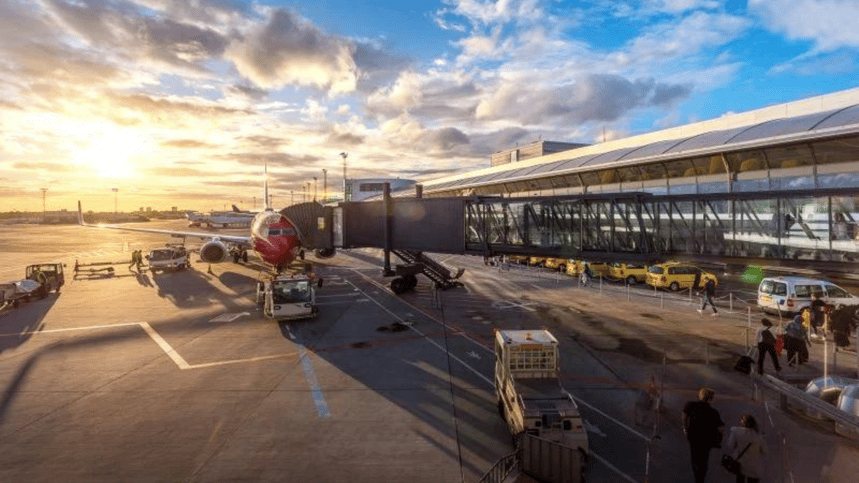
Taking a major step forward in minimizing harmful emissions in an sector that is primed for decarbonization, Ballard Power Systems is providing its fuel cell technology and expertise to support Universal Hydrogen’s efforts to transition commercial airports to zero-emission ground support operations.
California-based hydrogen fuel services provider, Universal Hydrogen, will utilize Ballard’s advanced FCmove®-HD+ fuel cell engine to power the H2AmpCart™ - a mobile battery charger for existing electrified airport ground support equipment (GSE).
Conscious of the pressing need to scale back legacy processes to meet net zero targets, the aviation industry is actively replacing diesel-powered GSE with electric alternatives – which help to eliminate air pollutants as well as mitigating noise nuisance for communities situated in close proximity to airports.
As part of this transition, more than 130 airports globally have already committed to fully decarbonize the emissions they are responsible for by 2030 – and the H2AmpCart™ provides a simple but effective solution to assist in reaching their goals by delivering seamless and immediate synchronization and integration with existing airport operations and infrastructure.

Complementing Ballard’s fuel cell technology solution, Universal Hydrogen brings a modular hydrogen delivery system, which was first introduced to facilitate hydrogen-powered aircrafts but can also be applied to ground equipment. Project collaborator JBT AeroTech’s existing AmpCart will provide the platform that will incorporate the hydrogen fuel cell, as well as taking responsibility for the production of the fuel cell charger, airport and aircraft compatibility.
The partners are moving quickly, developing and showcasing the first demonstrator unit at the end of 2023, with production beginning in 2024. Entry into service is anticipated by the end of this year.